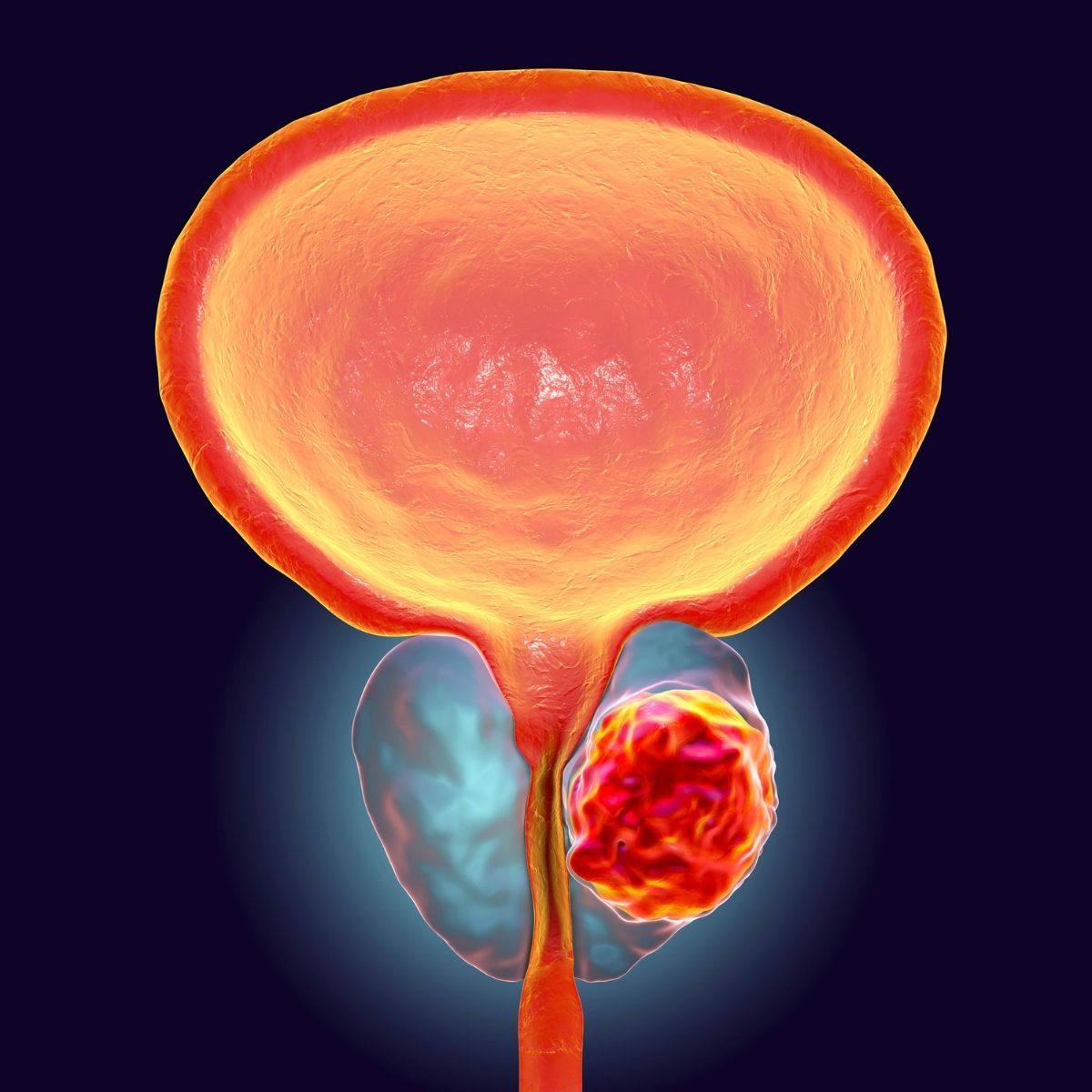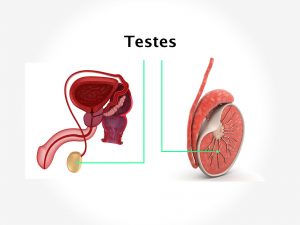Causes and risk factors
The exact cause of bladder cancer is not known. However in most cases, cancer of the bladder is associated with cigarette smoking, radiation therapy at the pelvis or chemotherapy. It may also be associated with exposure to chemicals at work esp. in industries involving the use of dyes, paints, solvent, leather dust, textiles, rubber etc.
Chronic infection or inflammation of the bladder predisposes to bladder cancer.
Symptoms
Hematuria is the classic symptom of bladder cancer. The patient notices blood in his urine; the urine may be dark coloured or brownish. There may be no pain or the patient may experience some discomfort in the lower abdomen and the back. Patients with advanced disease may experience the following symptoms difficulty in urination, increased frequency or urgency of urination and pain in the pelvis.
Staging of bladder cancer:
- Stage 0 – Tumors that are only in the lining of the bladder
- Stage I – Tumor extends beyond the bladder lining, but has not reach the muscle layer of the bladder
- Stage II – Tumor goes into the muscle layer of the bladder
- Stage III – Tumor extends into tissue surrounding the bladder
- Stage IV – Tumor has spread to neighboring lymph nodes or to distant sites
Diagnosis & Investigations
If bladder cancer is suspected, urine routine examination will be carried out. This is followed by cystoscopy and biopsy of the bladder. An intravenous pyelogram and a CT scan of the abdomen and pelvis are other tests that will be carried out.
Treatment
The patient must cease smoking, drink adequate fluids and begin taking supplements of Vitamin A.
Surgery is the primary treatment for cancer of the urinary bladder. Depending upon the spread of cancer, any one of the following procedures can be advocated:
- Transurethral resection of the tumor in cases of superficial bladder cancers
- Removal of the entire bladder (and prostate in men) in necessary in cases of advanced bladder cancers. A new route has to be created for evacuation of urine in such cases.
- Intravesical chemotherapy – chemotherapeutic drugs are introduced into the bladder
Radiation therapy is used to destroy the cancerous cells.
Chemotherapapeutic drugs are given to kills cancer cells in the body. They can be administered into your bloodstream intravenously or can be directly introduced into the bladder.
Facts
Bladder cancer is the 6th commonest form of cancer. It is estimated that 74690 new cases of bladder cancer in the year 2014 in U.S alone.






























